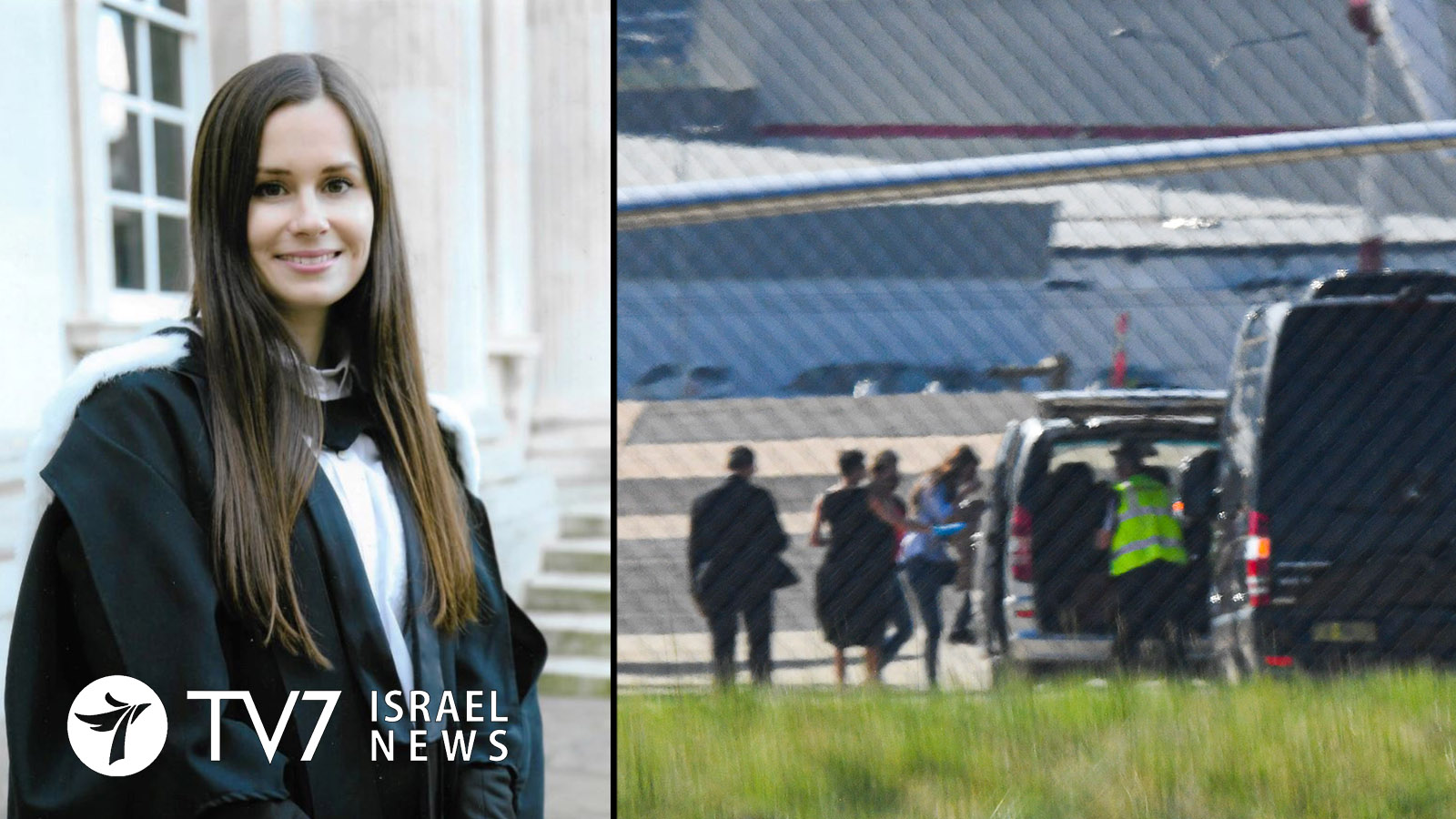A British-Australian academic accused of being an Israeli spy was freed from an Iranian prison in exchange for the release of 3 Iranian convicts in Thailand, who allegedly targeted Israeli diplomats in the Kingdom.
Iran’s Irib news agency announced the release of Kylie Moore-Gilbert, who was described as “a spy of dual nationality working for the Zionist regime.” The 30-year-old specialist in Middle East politics at the University of Melbourne was detained at the Tehran airport in 2108 after attending an academic conference. She was sentenced to a ten-year term in prison after being convicted on charges of committing espionage for Israel – which she and Canberra had long denied. By contrast, Moore-Gilbert adamantly insisted that she was being penalized for rejecting Iranian pressure to spy on behalf of the Islamic Republic.
The high-profile prisoner reportedly suffered deteriorating health due to repeated hunger strikes and significant time spent in solitary confinement at Tehran’s infamous Evin prison. Moore-Gilbert also sent letters to Australian Prime Minister Scott Morrison in which she alleged that she had suffered “grievous violations” of her rights, including psychological torture. She also wrote that she was being held by Iran if efforts “to extort” the Australian government. Over apparent concern of the spread of COVID-19, she was relocated to the remote Qarchak Prison east of the Iranian capital last summer.
Australia and Iran took more than six months to come to an agreement for a prisoner-swap deal for Moore-Gilbert, according to unidentified sources cited by the Sydney Morning Herald. The Australian Premier has repeatedly declined to comment on the prisoner exchange deal, which reportedly involved high-level negotiations with the Thailand government.
Irab claimed that “a businessman and two Iranian citizens detained abroad on the basis of false accusations were released” in exchange for Moore-Gilbert, who was shown wearing a gray hijab as she departed Mehrabad International Airport aboard Australian-flagged plane.
Thai authorities disclosed that three Iranians arrested for a failed bomb plot in 2012 had also been flown back home. Iranian Deputy Foreign Minister Abbas Araghchi welcomed the 3 Iranians as they arrived in Tehran, clad in surgical masks, black caps pulled low and Iranian flags draped over their shoulders.
The Iranian prisoners have been identified as Saeid Moradi, Mohammad Kharzei and Masoud Sedaghatzadeh. They were detained in Bangkok in 2012 when a bomb was inadvertently detonated at the villa where they were staying. Local and Jerusalem officials believe they were plotting to bomb Israeli diplomats serving in the Thai capital.
In 2013, Kharzei was sentenced to 15 years behind bars for the illegal possession of explosives. Moradi, who fled the villa while carrying explosives when stopped by police, was sentenced to a life term for the attempted murder of an officer. Sedaghatzadeh was extradited for trial in Thailand in 2017, after fleeing and being captured in Malaysia.
Moore-Gilbert was one of several Westerners imprisoned by Iran on controversial espionage charges which human rights activists and United Nations investigators have said is a systematic pursuit of financial gain or a means to pressure in negotiations with the West, which has been denied by the Islamic Republic.
Officials in Canberra and Jerusalem declined to comment on the prisoner exchange, nor did the Israeli Embassy in Australia.
Meanwhile in related developments, the trial of an Iranian diplomat and three other Islamic Republic nationals has opened in Antwerp, Belgium. Prosecutors charged Austrian-based diplomat Assadolah Assadi and the other defendants with planning a bombing attack on a 2018 rally of the Paris-based National Council of Resistance of Iran (NCRI) opposition group, which was attended by U.S. President Donald Trump’s attorney Rudy Giuliani.
According to French intelligence officials, Assadi was the third counsellor of his nation’s embassy in Vienna, responsible on orders from Tehran for intelligence in southern Europe.
NCRI representative Farzin Hashemi expressed hope the court would recognize the Iranian government’s responsibility in the alleged bomb attack, “because the judicial investigation in Belgium has already come to the concrete conclusion that all four defendants were engaged and involved knowingly in this terrorist plot” and “have concluded that the decision to carry this terrorist operation was not a personal initiative but ordered by the Iran regime and in particular the Ministry of Intelligence was involved.”
Even though Iran has rejected the case as baseless despite evidence Belgian authorities say proves the Iranian plot, Assadi’s legal representatives petition the granting of diplomatic immunity for their client.
It is important to highlight that while the three charged Iranians were caught red-handed with half-a-kilo of TATP explosives and a detonator in their possession, they have nevertheless protested innocence of the charges.
Europe has alleged that Iran has waged repeated acts of violence against regime dissidents, including two killings in the Netherlands in 2015 and 2017, as well as a foiled assassination attempt in Denmark.
Tehran has consistently denied any involvement in the incidents, and claimed that the accusations were intended to damage its relations with the European Union.
